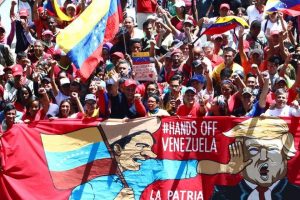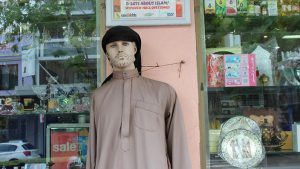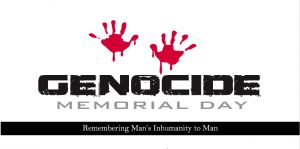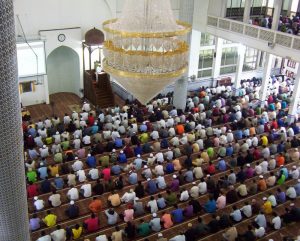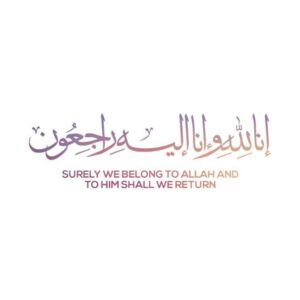
ILWIIR: Munawwer Rattansey
Inna Lilla Wa Inna Ilayhi RajiounIHRC is saddened to hear of the demise of Munawwer Rattansey. Like his late brother Shawkat, he was a great friend and supporter of the oppressed.May Allah swt grant him His most merciful mercy. Fateha.

